Hi I currently have a query which is taking 11(sec) to run. I have a report which is displayed on a website which runs 4 different queries which are similar and all take 11(sec) each to run. I don't really want the customer having to wait a minute for all of these queries to run and display the data.
I am using 4 different AJAX requests to call an APIs to get the data I need and these all start at once but the queries are running one after another. If there was a way to get these queries to all run at once (parallel) so the total load time is only 11(sec) that would also fix my issue, I don't believe that is possible though.
Here is the query I am running:
SELECT device_uuid,
day_epoch,
is_repeat
FROM tracking_daily_stats_zone_unique_device_uuids_per_hour
WHERE day_epoch >= 1552435200
AND day_epoch < 1553040000
AND venue_id = 46
AND zone_id IN (102,105,108,110,111,113,116,117,118,121,287)
I can't think of anyway to speed this query up at all, below are pictures of the table indexes and the explain statement on this query.
I think the above query is using relevant indexes in the where conditions.
If there is anything you can think of to speed this query up please let me know, I have been working on it for 3 days and can't seem to figure out the problem. It would be great to get the query times down to 5(sec) maximum. If I am wrong about the AJAX issue please let me know as this would also fix my issue.
" EDIT "
I have came across something quite strange which might be causing the issue. When I change the day_epoch range to something smaller (5th - 9th) which returns 130,000 rows the query time is 0.7(sec) but then I add one more day onto that range (5th - 10th) and it returns over 150,000 rows the query time is 13(sec). I have ran loads of different ranges and have came to the conclusion if the amount of rows returned is over 150,000 that has a huge effect on the query times.
Table Definition -
CREATE TABLE `tracking_daily_stats_zone_unique_device_uuids_per_hour` (
`id` int(11) NOT NULL AUTO_INCREMENT,
`day_epoch` int(10) NOT NULL,
`day_of_week` tinyint(1) NOT NULL COMMENT 'day of week, monday = 1',
`hour` int(2) NOT NULL,
`venue_id` int(5) NOT NULL,
`zone_id` int(5) NOT NULL,
`device_uuid` binary(16) NOT NULL COMMENT 'binary representation of the device_uuid, unique for a single day',
`device_vendor_id` int(5) unsigned NOT NULL DEFAULT '0' COMMENT 'id of the device vendor',
`first_seen` int(10) unsigned NOT NULL DEFAULT '0',
`last_seen` int(10) unsigned NOT NULL DEFAULT '0',
`is_repeat` tinyint(1) NOT NULL COMMENT 'is the device a repeat for this day?',
`prev_last_seen` int(10) NOT NULL DEFAULT '0' COMMENT 'previous last seen ts',
PRIMARY KEY (`id`,`venue_id`) USING BTREE,
KEY `venue_id` (`venue_id`),
KEY `zone_id` (`zone_id`),
KEY `day_of_week` (`day_of_week`),
KEY `day_epoch` (`day_epoch`),
KEY `hour` (`hour`),
KEY `device_uuid` (`device_uuid`),
KEY `is_repeat` (`is_repeat`),
KEY `device_vendor_id` (`device_vendor_id`)
) ENGINE=InnoDB AUTO_INCREMENT=450967720 DEFAULT CHARSET=utf8
/*!50100 PARTITION BY HASH (venue_id)
PARTITIONS 100 */

